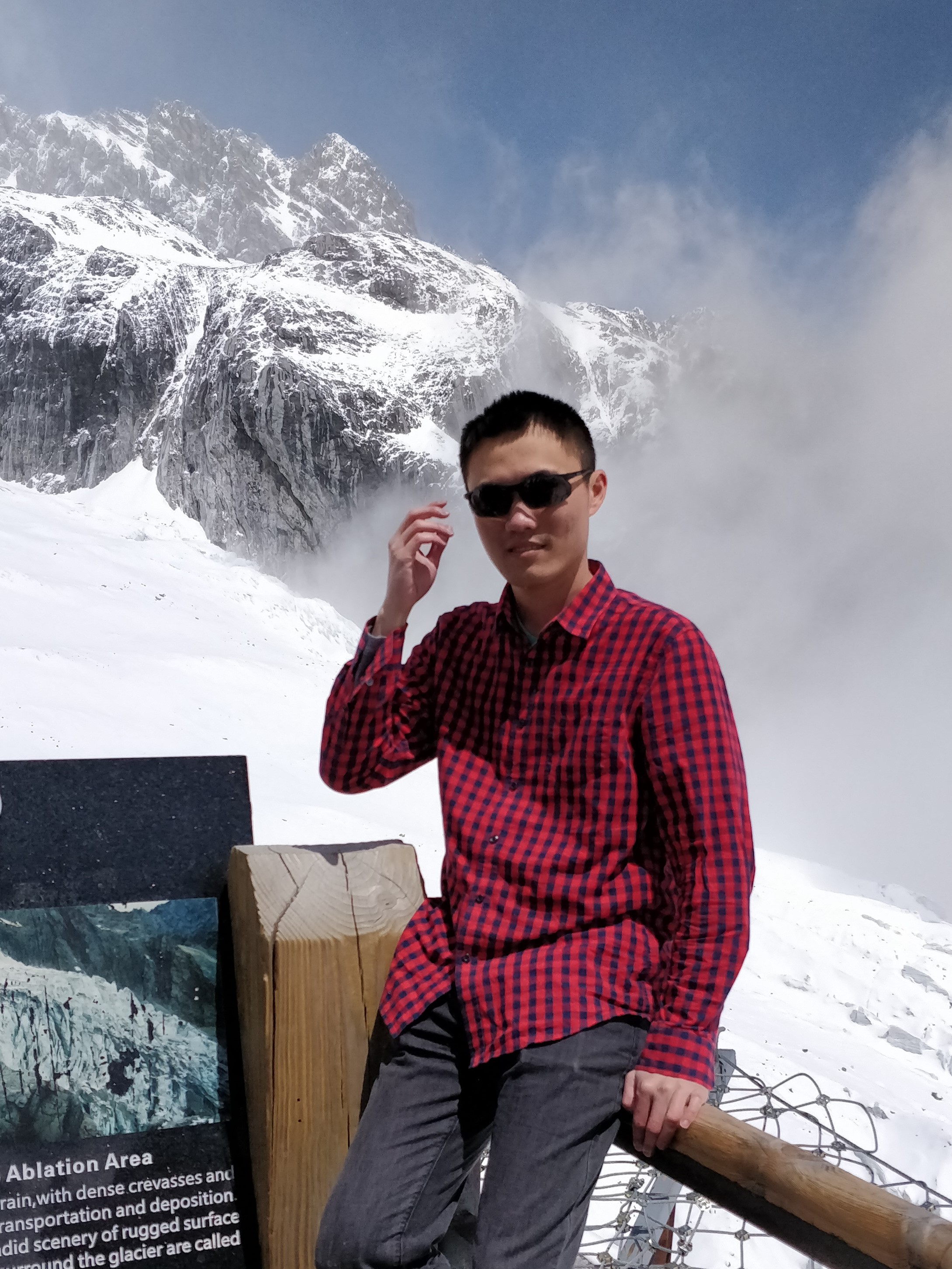Yuxiang Lei
Home
Scholar
CV
Contact
yuxiang.lei@unsw.edu.au
GitHub
Linkedin
Yuxiang Lei, PhD, graduated from the School of Computer Science at the University of Technology Sydney (UTS) and has completed his postdoctoral fellowship at the University of New South Wales from Aug 2023 to Nov 2024. His research interest encompasses programming languages and program analysis. Noteworthy achievements include publications in top-tier international conferences such as PLDI, OOPSLA, and SAS, where he received awards such as the SAS Best Paper and the SIPLAN Distinguished Artifact Award. He is the creator of the open-source CFL-reachability analysis tool POCR, and he also serves as a developer and maintainer for the open-source C/C++ pointer analysis tool SVF.
Publications
Yuxiang Lei, Camille Bossut, Yulei Sui and Qirun Zhang. Context-Free Language Reachability via Skewed Tabulation. ACM SIGPLAN Conference on Programming Language Design and Implementation (PLDI), 2024.
Pei Xu, Yuxiang Lei*, Yulei Sui and Jingling Xue. Iterative-Epoch Online Cycle Elimination for Context-Free Language Reachability. Proceedings of the ACM on Programming Languages 8.OOPSLA1 (2024): 1437-1462. (Co-first author)
Yuxiang Lei, Yulei Sui, Shin Hwei Tan and Qirun Zhang. Recursive State Machine Guided Graph Folding for Context-Free Language Reachability. Proceedings of the ACM on Programming Languages 7. PLDI (2023): 318–342.
Yuxiang Lei, Yulei Sui, Shuo Ding and Qirun Zhang. Taming Transitive Redundancy for Context-Free Language Reachability. Proceedings of the ACM on Programming Languages 6. OOPSLA2 (2022): 1556-1582. (SIPLAN 2022 Distinguished Artifact Award)
Yuxiang Lei and Yulei Sui. Fast and Precise Handling of Positive Weight Cycles for Field-sensitive Pointer Analysis. 26th International Static Analysis Symposium (2019). (Radhia Cousot Young Researcher Best Paper Award)
Jin Gou, Yuxiang Lei, et al. A Novel Improved Particle Swarm Optimization Algorithm Based on Individual Difference Evolution [J]. Applied Soft Computing, 2017, 57:468-481.
Awards
SIPLAN 2022 Distinguished Artifact Award
Radhia Cousot Young Researcher Best Paper Award (2019)
